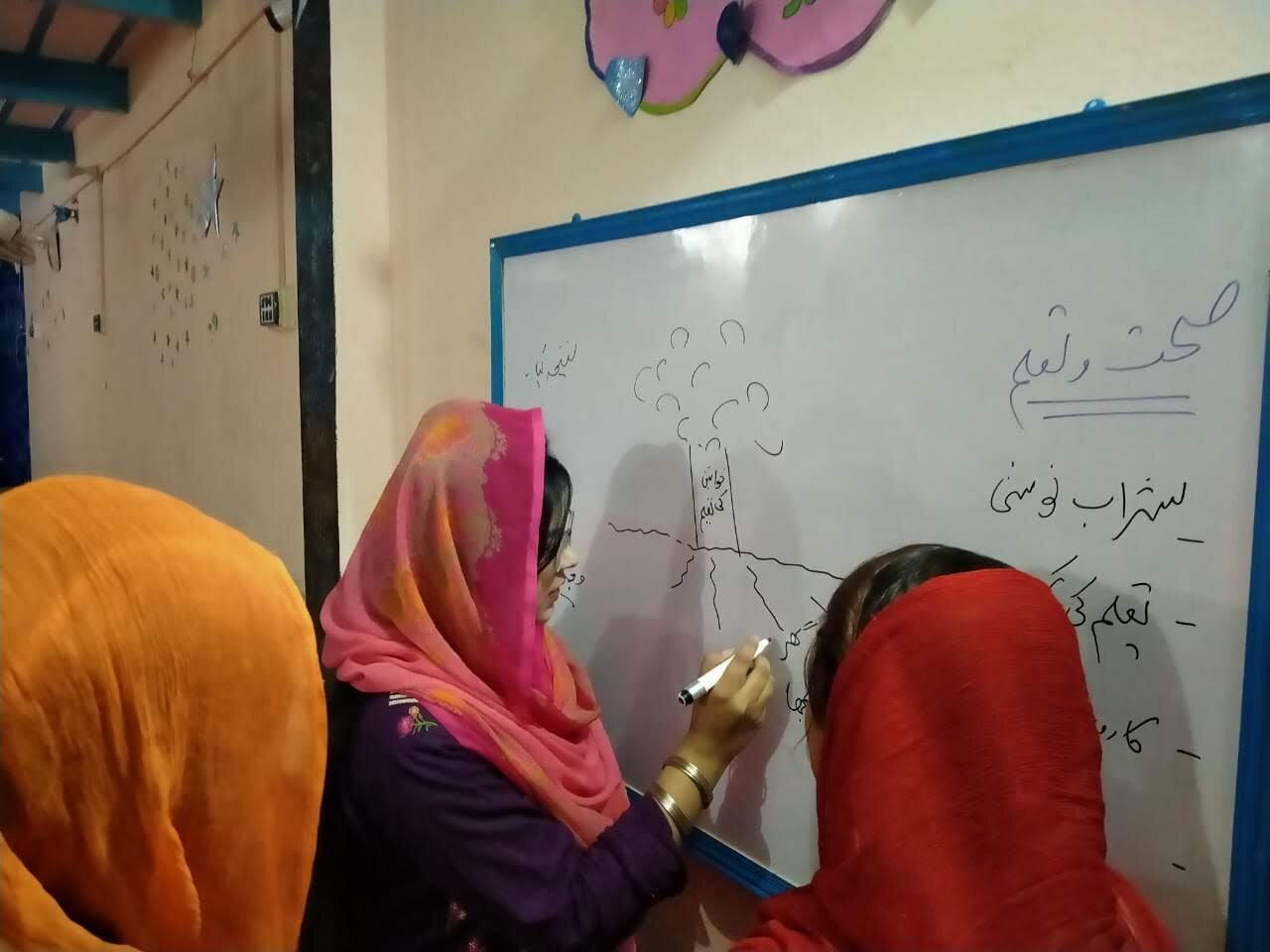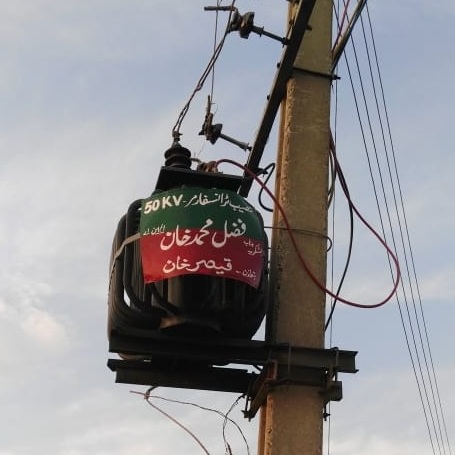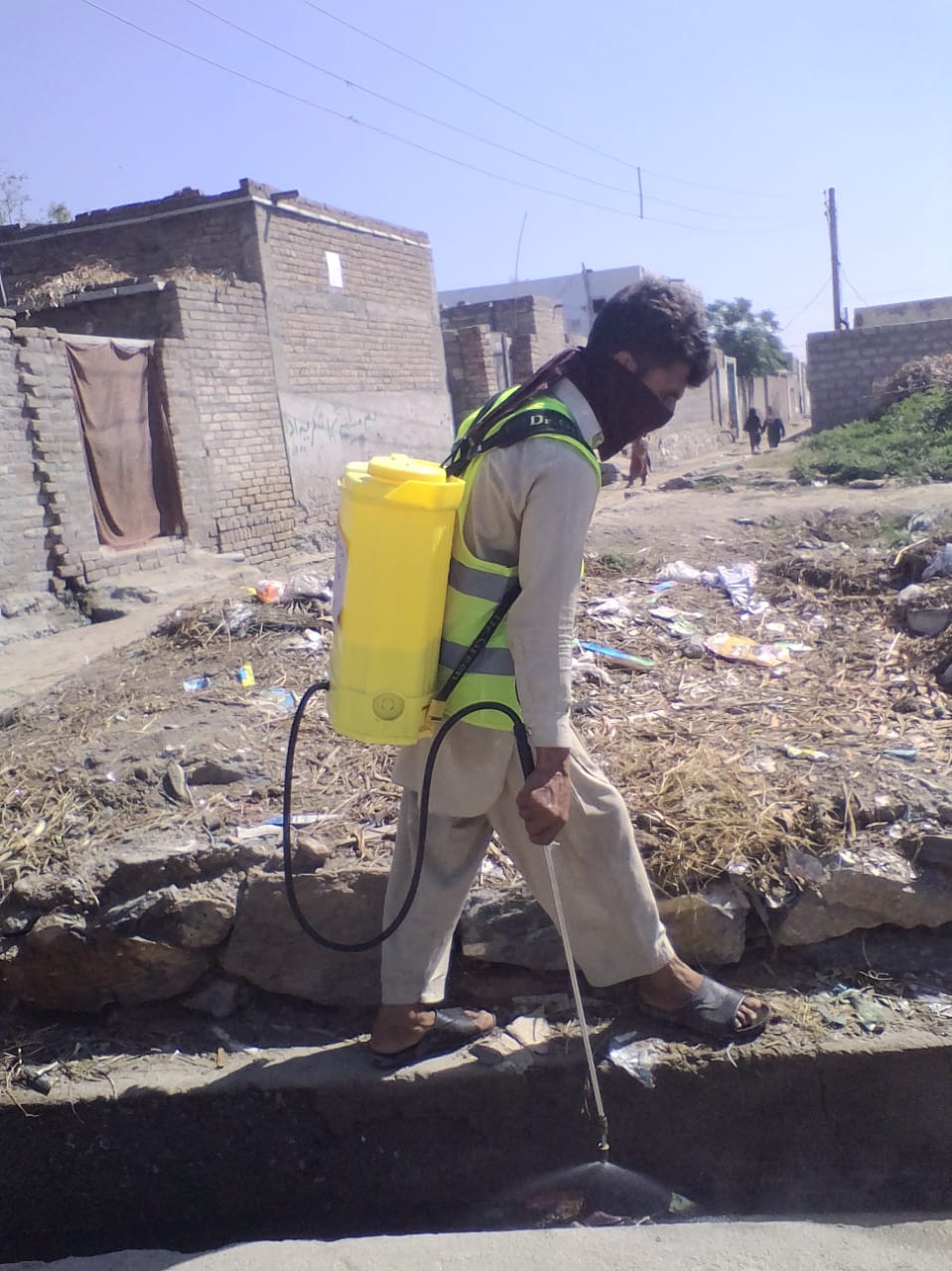by Hazeen Latif
Whatever we asked, the reply was:
“no, we do not have it”, “no one listens to us”, “no one comes to us” or “no one is willing to help us”.
Community meeting in Sunda Sar ,Aug 2019, HCR 2019
A community leader told HCR’s Hazeen Latif, “we are 3000 houses and an estimated population of 15000 including children and elderly people there is not a single BHU (basic health unit) or even some private clinic. There is no public dispensary.
We only have one primary school for boys - none for girls”.
The list goes on and on. This is “Sunda Sar” or “skull of bull” meaning a place of prosperity and power. The name was given by someone after they found a huge skull from someone’s land while digging. Nobody knows the real story of the name, but we have seen the real story of life in Sunda Sar during our visit to there in August 2019. Living is so harsh that people’s strength and power of has been drained fighting water-borne diseases, malaria, disability, lack of education and lack of guidance for youth and much more.
“We have found hope when you said ‘I have brought a gift for you’”.
This response to our visit tells us a new story is beginning in Sunda Sar. Everyone was stunned to see the mini collar microphone in Hazeen’s hand and to hear:
“It is a gift to the whole community. We will help you use it to raise your voice, we want you to have the power to speak and be heard”.
Hazeen with collar microphone, Sunda Sar, Aug 2019, HCR 2019
The community welcomed us, and beyond our expectations over two dozen men including key leaders showed up to meet with us.
There was one graduate in the group and three undergraduates, but all found hope for a way forward through community media training and empowerment. Rather than being defined by what they don’t have, they are encouraged to mobilise the resources and voices that they do have - not empty like a skull, but leaders full of strength like a bull, having courage to live full and healthy lives.
Men from Sunda Sar, Aug 2019, HCR 2019












